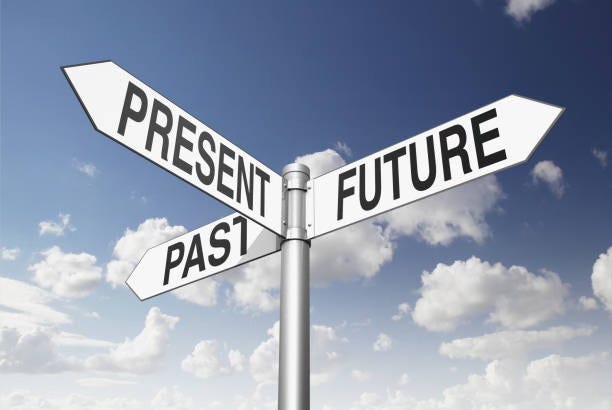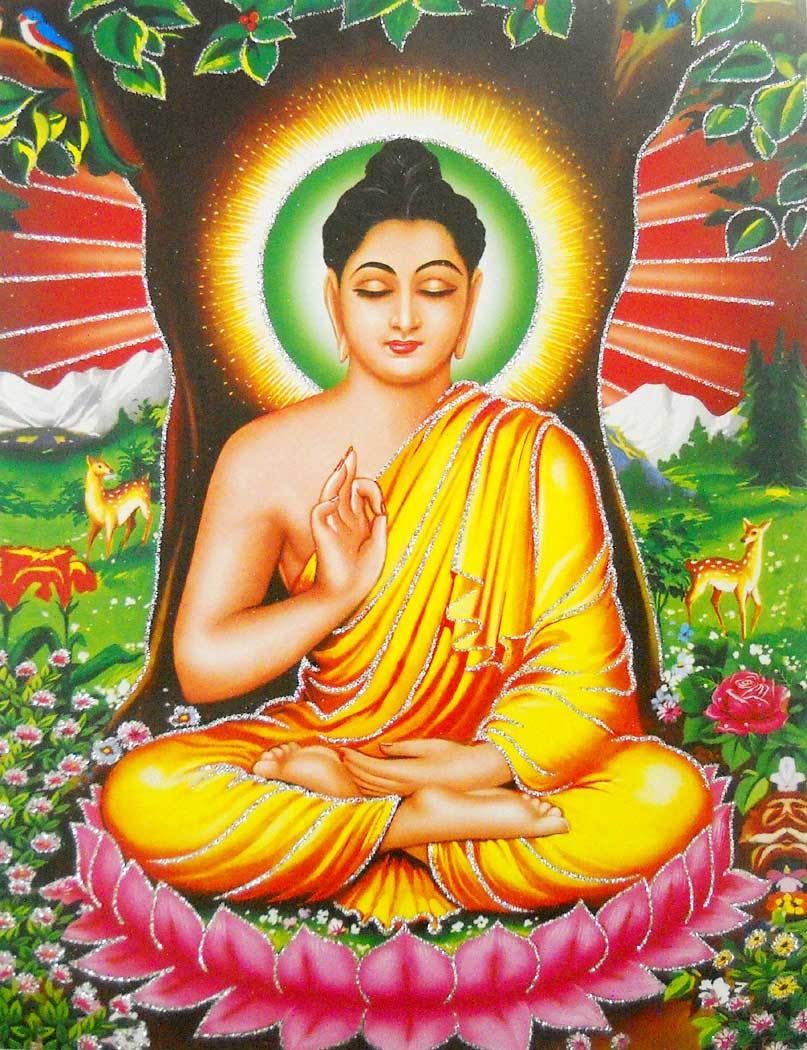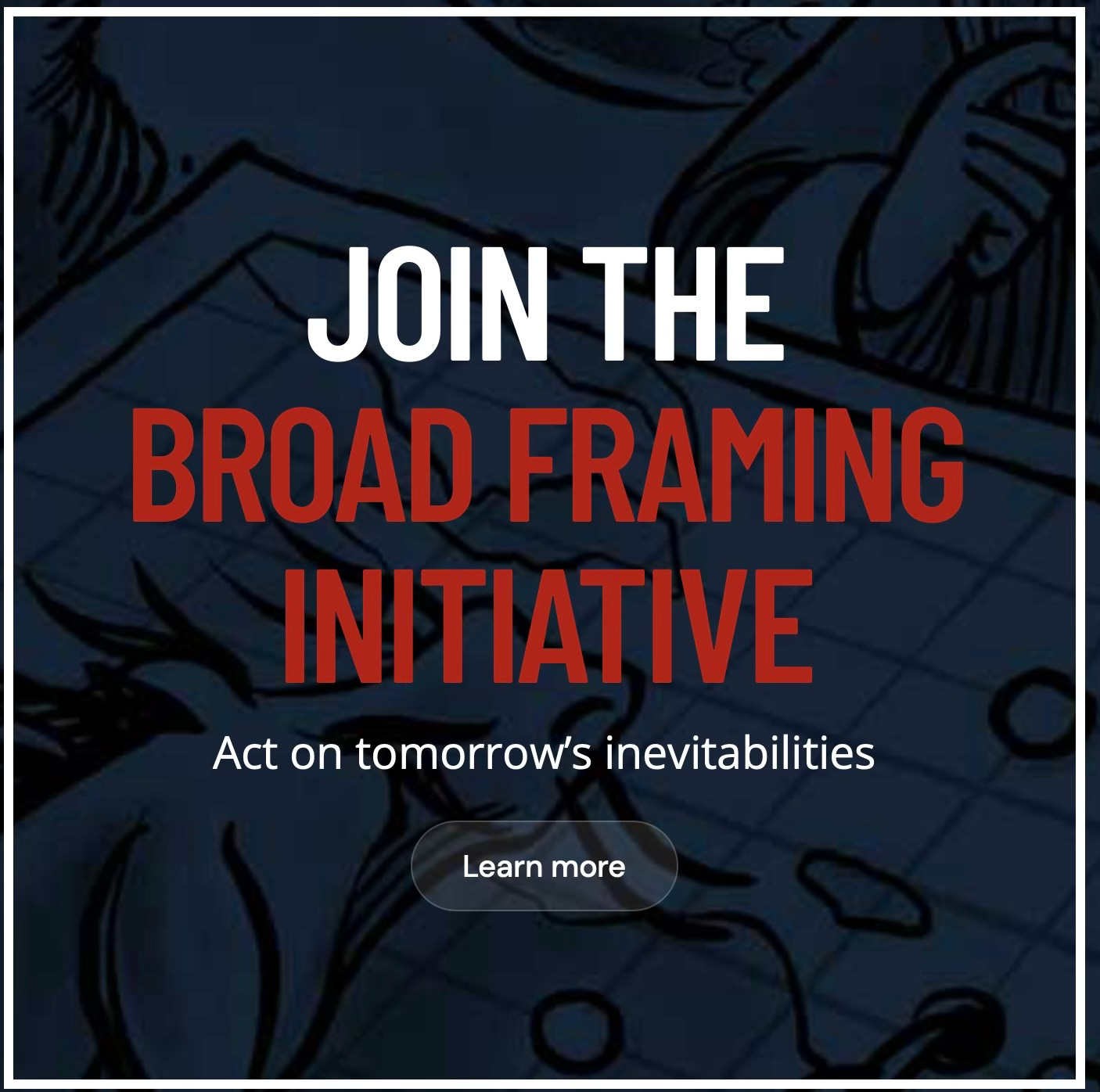This is a reader-supported publication. I give it all away for free but could really use your support if you want me to keep doing this.
I attended a rather (for my family) momentous funeral on Tuesday, that of my Aunt Patsy (Patricia), younger sister to my late mom Colleen and the last of her generation in my family branch. Now, my eldest close birth relative (brother) is a Boomer. My family’s version of the Greatest Generation belongs to the ages.
Be Not Afraid was the opening mass hymn at the funeral. The song always chokes me up for reasons I’ve never quite pinpointed until Tuesday.
I’ve always gotten the value of Christ, or God made flesh — that piercing of the two worlds. We naturally live individual lives constantly challenged by loneliness and despair. I myself have long — but silently — struggled with what is described by the medical community as Depersonalization-Derealization Disorder, or the feeling of being disconnected from my body. Some who suffer this speak of being trapped outside their body and some describe (like me) a sense of being stuck inside my body but not particularly in control — like I’m just along for the ride (not always unpleasant, as this frequently happens to me when I’m giving a public speech). Those feelings can induce anxiety or panic attacks, which is why I have long taken an SSRI to combat the sensation (or just keep it at bay).
When I was a kid, I combated those sensations primarily through religion, meaning I had a deep belief that had me seriously considering the priesthood, in large part because I wanted to be that Christ-like person who instilled confidence in others that they were correctly interpreting life around them. My sense was, if I could so master understanding of the world surrounding my body, I’d feel more comfortable inside it.
Alas, puberty came and I realized I was a raging heterosexual, who, later, through decades of marriage discovered that such a one-on-one connection, if well maintained, was immensely centering for me — as in, I feel both at one with my own body and the world around me. This is why the title of spouse or wife just doesn’t capture the totality of what Vonne represents to me.
Understand: I’m still neurotic as hell, but, thanks to my marriage and family, my residual faith, and my SSRI intake, I manage it all — for the most part — well. I cannot complain about my situation because, being such a finely tuned instrument whose sensitivity to the outside world is almost destabilizingly strong is my superpower — or what drives my analytic talent.
Therein lies a great lesson of my life: I did not choose my career. Instead, I fumbled around for many years until I realized what I’m best at and decided to be almost exclusively that person with that career. It is not a great career choice, as it is way too unstable for the father of six, but it is who I am and keeping that latter sense intact is how I navigate life. This is why, as I have come to understand, there will be no retirement for me. What I do, I do out of necessity.
Back to the song …
And, so, the idea of Jesus being among us (once literally, since virtually) is quite comforting. We’ve all had those moments when we faced some great fear and, if we were lucky, we could mentally retreat behind some mumbled prayers that suddenly felt like this great shield against danger — or at least signaling that, if we’re going down, we’ll not do so in terror. It’s been, for example, a staple in my life to recite the Our Father before any athletic competition I entered. To me, there is nothing more powerfully centering than reciting those words with teammates in a huddle before the opening whatever.
Religion, at its core, is about dealing with anxiety over the future, reshaping its unknowability into something (like an afterlife) we can believe in wholeheartedly (if we’re truly blessed to have such faith).
So, here’s why that song gets me every time: I have come to realize that the present version of me possesses faith only when it comes to the future. I have built that faith analytically, primarily because religion alone wasn’t keeping me sane. But now I have achieved such a skill level that I have zero fear of the future. I can be a nervous Nelly about right now, under the right conditions, and I can be a totally take-charge fellow as well. I have genuine and deep fears of the past (the disappearance of that reality, its players, and all the memories attached). But I have no fear of the future. In fact, nothing comforts me more. I love the future and want to go there now, if I could, whereas the past always saddens me with its immense feelings of gone-ness (e.g., my parents are gone, gone, gone).
I can’t fix the past, I can only navigate the present (sometimes feeling entirely disassociated from it). But I can project, imagine, and create the future — mostly by getting others to accept my projections, conjoin with my imaginings, and subscribe to similar vision and goals.
That’s my version of the priesthood.
That’s my version of trying to be like Christ.
That’s why that song always chokes me up.
You cannot be unhappy with your life when you come to realize just how solely you created it through your choices and desires and fears on a day-in and day-out basis. Once you realize that you’ve made no mistakes in life per se, but rather just acted in the manner of who you are, you learn to forgive yourself, like yourself, and even tolerate this “ugly giant bag of mostly water” package we’re all forced to live inside.
You didn’t think I could philosophize this long without a Star Trek reference, did you?
Now … if that was the full extent of my self-actualization, I’m pretty sure I’d be just a routine psychopath. The key, I guess, in such self-knowledge is understanding that everyone else is suffering something akin to what you’re struggling with. And so, using that knowledge to access those other people in relationships of deep understanding … that pushes you right into glorious realization of the Golden Rule — otherwise known as the basis for democracy.
This is why — and I will likely throw you for a loop here — I have great acceptance for anybody who comes to understand that transitioning to another gender is necessary to their life and happiness. Fortunately for me, I don’t deal with that added complexity when it comes to feeling trapped inside my body. But, having been suitably humbled time and again by those sensations, I can dimly imagine the sense of extreme urgency that would be attached to that situation.
I now routinely run into people (more on the younger side) whose solution-set regarding their identity is quite alien to my way of being. But, instead of rejection or revulsion, I feel genuine joy that they’re connecting more fully with who they are — deep down.
That pursuit of happiness is cornerstone of our political system and the core concept of our Constitution. It’s why we are, as a people and citizenry, so future-focused while being, by and large, largely ignorant of, and indifferent to, our past. I am basically okay with all that, seeing it as our nation’s superpower.
But I also understand that, when some of us feel trapped in an unfair present and unable to access a positive future, then citing and correcting past injustices is necessary.
And so I admire brave historians and activists who refuse to white-wash the past, I consider their radical acceptance of those truths to be the necessary balancing dynamic to my own future-oriented radical acceptance of various global dynamics like climate change and demographic aging. It’s like a football team where historians defend the past and strategic thinkers like me go on the offense regarding the future. We need both cohorts to keep things balanced.
Whew!
That was a completely self-indulgent post that I HAD TO WRITE but you didn’t need to read (or listen to). But, hey, that’s why I blogged in the past and it’s why I Substack now: this is my daily mental hygiene routine that, ideally, I can ultimately turn into a steady and sustainable income stream.
Hint … hint.
To me, that makes me the ultimate believer in the psychological approach of Alfred Adler, whose school of psychology, also known as individual psychology, centers on social connectedness, goal direction, and the importance of community and belonging.
To Adler, people must be viewed as integrated beings rather than as fragmented parts or symptoms. As people naturally strive for both individuality and a sense of belonging within social groups, social connections deeply impact mental health and behavior.
This is the part that grabbed me back in the day: per Adler, everyone experiences feelings of inferiority, which, in turn, motivates us to strive for personal growth (or superiority, if pursued too vigorously — thus the psychopath reference above). One’s life goals are often shaped by early childhood experiences and personal life ideals, leading each person to develop a unique lifestyle (pursued happiness) shaped by family dynamics and birth order (I am 8-of-9 in the Barnett Collective).
Another Star Trek deep cut!
In essence, Adlerian psychology views human behavior as motivated by the desire to overcome inferiority and achieve meaningful social connections while pursuing personal goals within a community context.
That, in a nutshell is me: overcoming my intense fear of a past that is lost, achieving meaningful social connections through my family and various life roles (husband, father, brother, uncle, friend, etc.), and trying to center everything I do or seek, through my work, within the context of these United States, the trajectory of which is what my childhood Catholicism eventually morphed into as my life-compelling purpose and faith.
To me: to get America’s future right is to get the world’s future right. That is the heaven I seek, compelled as I am by my various inferiorities to overcome any and all obstacles in my/our shared path.
What did Buddha say to the hot dog vendor?
Make me one with everything!







Tom - most impressed with your effort at self-description. I am 10th of 11 siblings (with only 2 of us still living), was a Benedictine nun for 7-1/2 years, and still get emotional at hearing certain hymns and smell of incense, etc. I feel connected to the little faith you have left. Have been following you for years and first time I recall your exposure of who you are, and how you be in the world. Keep it up. MK in Chicago.
Excellent. Really good. Writing that was well worth it. Well done. And the Buddha joke was the best!!